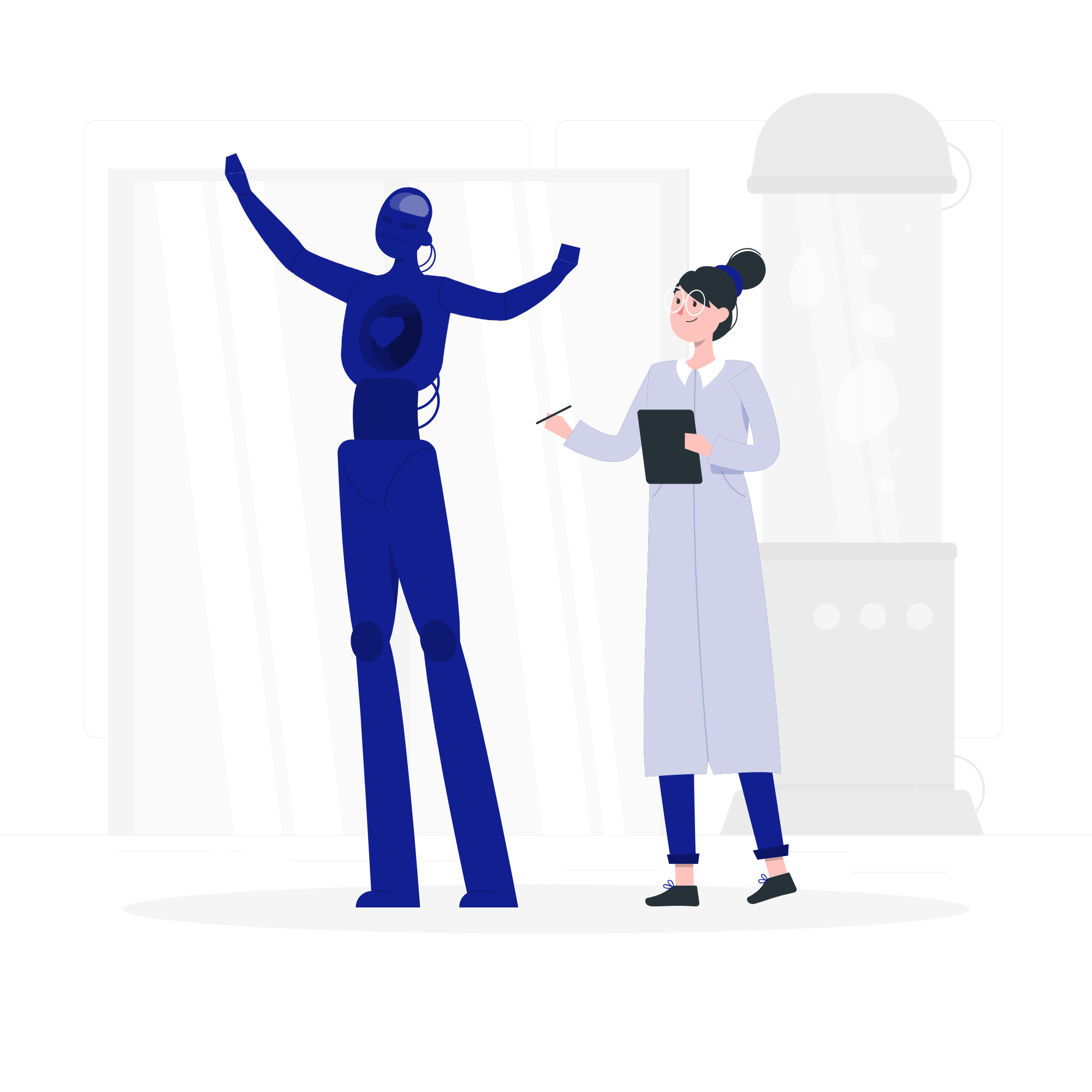Medical device clinical researcher

What is medical device scientific/clinical research?
A scientific researcher is an umbrella term for all positions in the research group that are associated with a research project, without the 4-year commitment of a Ph.D., such as research assistant, (junior) researcher, or post-doc. In my case, since my project involves the development of a surgical device, I do see myself mostly as a medical device developer more than a researcher but there are some similarities in the way of working.
What does a medical device clinical researcher do? A day in the life
A clinical researcher can be a very different role depending on the actual project you join but also on the “seniority” of your role, which will bring more autonomy in the decision-making of the project.
But these are some of the things you can expect:
- Planning and organization of your research project
- Literature search (which might also include clinical research) for better problem understanding, specific project requirements and current state-of-the-art
- Educating yourself in the topics that you might need for the project (depending on the research group, you might find this information available through colleagues or supervisors, but you will also have to do some self-teaching)
- Development of possible solutions that can address your research question
- Preparation and testing execution – the types of tests you do will depend on the type of project you choose. It could involve mainly modelling or simulations but in the medical field, there is generally always the need to validate your results so you will most likely have to do some testing in the lab as well
- Analysing data and reporting your results (ideally, in the form of a scientific article) – you might also need to use statistical tools during this phase
- Supervision or Teaching: In any of these roles, it will be very likely that you will supervise interns for a Bachelor or a Master project, or even Ph.D. projects if you are a post-doc, that will fit within the scope of your work and help you to achieve your project goals within the time frame. Depending on the circumstances, you might also be involved in teaching activities for university students if your research group has an Education component as well
I would say, generally speaking, the vast majority of a researcher’s time (70-90%) is spent on making progress for his/her project work and only the rest is spent on meetings or supervision.
The work is almost 100% individual, except when you are supported in your experiments by a lab technician or you outsource tasks to interns. Most projects are quite different from each other so it can be difficult to find collaboration opportunities with other colleagues. As a clinical researcher, projects usually tend to have a strong practical component, which means that about 35% of the work takes place in the lab and, for the rest, you only need a laptop and you could potentially comfortably work from home.
Sometimes, working on medical device development within a research group is actually quite similar to the role of an R&D engineer or, even a Process engineer, as you have to design a new device from scratch and ensure it could be prototyped and tested while taking into account medical device regulations and manufacturing processes of interest. The main difference is that in the research environment this work is very independent and autonomous, while in the industry, this type of work is mainly done together with a team.
Job outlook
Working as a researcher without being part of a Ph.D. program does not offer practically any growth opportunities in the academic world. This means, that you can look for other projects that might be interesting for you and apply for grants (under supervision) but you can’t expect to grow in terms of very different roles. Although medical research is always in demand given the number of unsolved problems at hand, if you think research is something you like, it should not be a problem to find a job. While for a short-term opportunity, you might be alright with just a MSc, investing in a PhD might be your only option for a long career in research.
If you have a PhD, then you can move in the more or less linear Academia pathway: Post-doc 🡪 Principal Investigator 🡪 Assistant Professor 🡪 Full Professor. Additionally (or as an alternative after your PI role), you can go more into a Research Group Leader type of role. With seniority, you could also be able to join research committees, be more involved in the development of research programs and inter-research centers integrations. Practically speaking, this means taking a step back from where research actually happens and being more involved in strategic decisions and coordination.
How much does a medical device clinical researcher earn?
In the Netherlands, for all Academia roles, the salaries are transversal across universities, and you can find more information in the collective agreements. For a medical device clinical researcher, the expected salary ranges from 34k to 59k, depending on how many years of relevant experience – Collective Agreement of University Medical Centre For regular universities, in the Netherlands it is slightly less from 32k to 56k, again depending on how many years of relevant experience you bring – Collective Agreement Dutch Universities. These salaries might be very different if you go into academia in other European countries.
Top skills needed
Soft skills:
- I would say the most important skill in this job is knowing how to work independently and being able to motivate yourself to push through
- Proactivity and resourcefulness in finding your own solutions will get you further in this field
- Being analytical and critical
- Having a good foundation in statistics will always be helpful but if you are willing to learn it on the job it’s usually not a prerequisite.
- Attention to detail and good organization skills are valuable to help you ensure a good quality of your work while having a broader view that will help you manage your time and ensuring you stay on track. Again these will make your life easier, but you might learn them the hard way anyway
- You don’t necessarily have to be a great communicator and these roles are usually suited for introverts, but there is no doubt this skill will help you to make your research more understandable to others, especially when it involves a less technical audience
- Also, patience is a virtue when you are working in research. Things will take time to happen
Technical skills
Generally speaking, it will depend a lot on the area you wish to specialize in.
- First of all, you would need a Master’s Degree, but not necessarily in engineering; a background in medical sciences is also usually accepted. Regarding the specialization, there is usually a good degree of flexibility, and almost any engineering degree is considered enough, as long as you want to specialize in the medical field or have already done some projects in this area
- Knowing a bit of programming, especially Matlab (unless you focus on Machine Learning and Data Science, where Python might be more useful), will be important to analyse the data from your results
- Having had previous experience in research or relevant university projects (especially if related to the area where you wish to specialize) will make it easier to get the position.

 Patricia Rodrigues
Patricia Rodrigues
